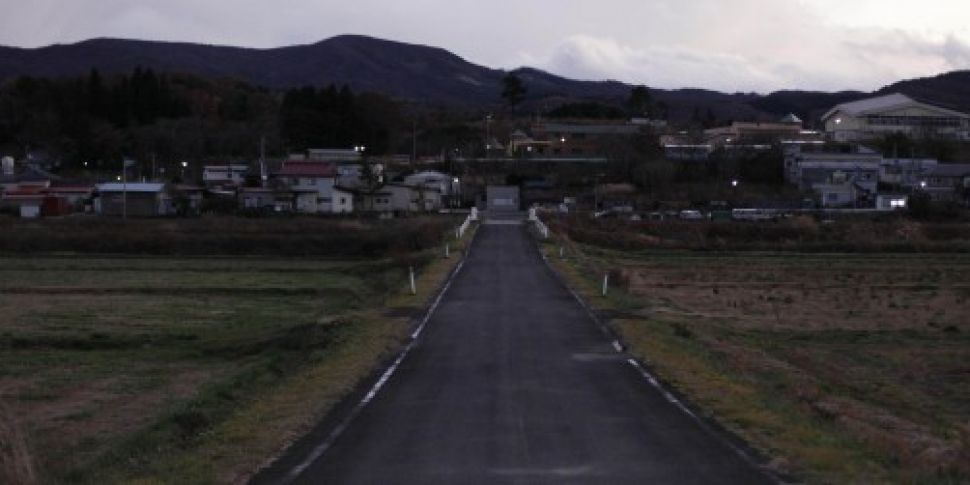Radiation worries and wild boars are among the major concerns in Japanese towns that were abandoned following the Fukushima nuclear disaster in March 2011.
The Fukushima Daiichi nuclear accident was one of the major consequences of the earthquake and tsunami on March 11th 2011 that left more than 15,000 people dead in Japan.
Many towns in the Fukushima area have been left empty over the last six years, which allowed the boars to enter the towns from nearby hills and forests.
Tamotsu Baba, mayor of the seaside town of Namie, told Reuters: "It is not really clear now which is the master of the town, people or wild boars.
"If we don't get rid of them and turn this into a human-led town, the situation will get even wilder and uninhabitable," he added.
Reuters also reports that a number of hunters in the town of Tomioka are working to 'catch and kill' the animals using air rifles and special traps. They have captured 300 wild boars in less than a year.
The New York Times, meanwhile, says that the boars "carry with them highly radioactive material" - with some having tested for radiation levels 300 times higher than safety standards. Officials have also warned the animals could attack humans.
The boar worries comes as authorities prepare to lift evacuation orders on four more towns, although thousands of residents have opted not to return amid continued radiation concerns.
Marking the sixth anniversary of the disaster, Greenpeace Japan has warned that resettlement is beginning despite radiation levels "still far exceeding long-term targets in places where decontamination work has been done".
The organisation says that evacuation orders in much of the 'heavily contaminated' village of Iitate - around 40km from the damaged nuclear plant - will be lifted by the end of the month.
Greenpeace says that this will be followed next year with "the termination of compensation payments to the former residents of those areas".
Yuko Yoneda, Executive Director of Greenpeace Japan, said: "In a bid to prop up the nuclear industry, the Abe government is trying to create a false reality that the disaster can be cleaned up and life in Fukushima can return to normal. But from our survey, that’s simply not the case.
"We are seeing people's rights to health, housing and environment being attacked in a deliberate and calculated move," he added.









